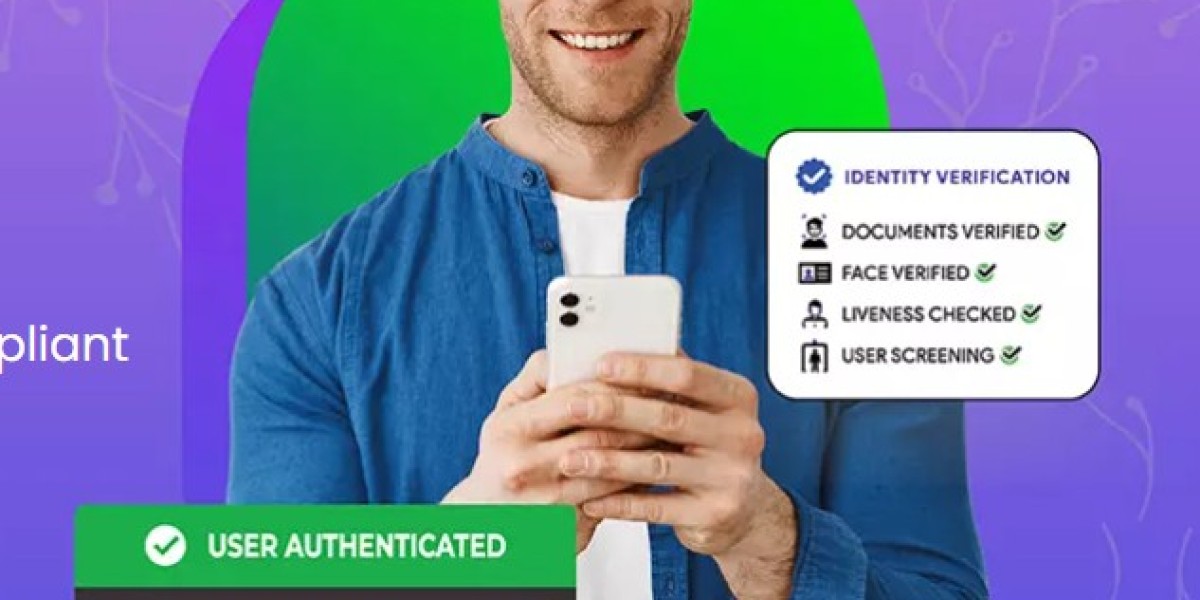In the digital age, identity verification is more crucial than ever. Businesses and financial institutions must ensure secure and seamless authentication to prevent fraud, meet compliance requirements, and enhance user experience. Among the most effective technologies today are ID verification solutions and face match verification, which use AI-powered systems to authenticate individuals with precision.
Understanding ID Verification Solutions
ID verification solutions allow businesses to verify an individual's identity using official documents such as passports, driver's licenses, and national ID cards. These solutions utilize optical character recognition (OCR), artificial intelligence (AI), and machine learning to extract and validate data in real time. They check for document authenticity, compare details against databases, and detect any signs of tampering or forgery.
With KYC (Know Your Customer) and AML (Anti-Money Laundering) regulations becoming stricter worldwide, companies in banking, finance, healthcare, and e-commerce must implement robust ID verification systems to prevent identity theft and fraud. Automated ID verification not only enhances security but also streamlines onboarding processes, reducing manual efforts and operational costs.
The Role of Face Match Verification
Face match verification, also known as face biometric authentication, is a method of verifying a person's identity by comparing their live facial image with the photo on their official ID. This process ensures that the individual presenting the document is its rightful owner, eliminating the risk of identity fraud.
Using AI-driven facial recognition, face match verification analyzes unique facial features, such as eye distance, nose structure, and jawline, to ensure an accurate match. Advanced solutions also incorporate liveness detection, which prevents spoofing attempts using photos, videos, or deepfake technology. This feature ensures that only real, present individuals can pass the verification process.
Benefits of ID and Face Match Verification
Enhanced Security: Reduces the risk of fraud, impersonation, and financial crimes.
Faster Onboarding: Streamlines customer registration by automating ID verification.
Regulatory Compliance: Helps businesses adhere to KYC, AML, and GDPR guidelines.
Improved User Experience: Eliminates manual verification steps, ensuring seamless access to services.
Cost Efficiency: Reduces operational costs by automating identity authentication.
Conclusion
As digital transactions and remote services continue to grow, the demand for ID verification solutions and face match verification will increase. Businesses that adopt AI-powered authentication technologies will not only enhance security but also build customer trust and stay ahead of regulatory challenges. Implementing these solutions is no longer optional but a necessity for any organization looking to thrive in the digital era.









